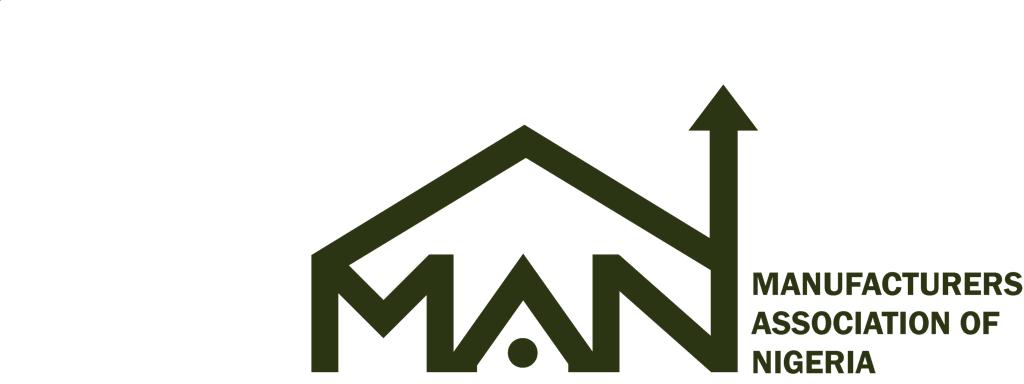The Manufacturers Association of Nigeria has warned that the Nigeria Customs Service’s reintroduced four per cent Free-on-Board charge on imports will worsen inflation, raise the cost of raw materials above the N6.6tn recorded in 2024, and further burden struggling manufacturers.
In a statement, the Director-General of MAN, Segun Ajayi-Kadir, discredited the NCS’s claim that its reintroduced levy, which has replaced the one per cent Comprehensive Import Supervision Scheme and the seven per cent cost of collection structure previously in place, will reduce costs.
He warned that the four per cent charge would “generally result in a much higher cost burden than the previous one per cent CISS + seven per cent collection structure”, noting that manufacturers were already weighed down by multiple economic challenges.
Ajayi-Kadir stated, “For high-value imports such as raw materials and machinery, this will result in a significant net increase in cost and exacerbate the financial burden on manufacturers. In fact, costs associated with the four per cent FOB charge will generally increase the import cost of raw materials not available locally above the N6.6tn recorded in 2024.
Clearly, the cost will be passed on to consumers, and this will fuel inflation, which already stands at 21.88 per cent as of July 2025.”
The MAN boss argued that the charge would undermine the Federal Government’s struggle with inflation, which has remained stubbornly high, and frustrate its economic recovery agenda. He said comparable West African economies, including Ghana, the Ivory Coast and Senegal, had kept their collection fees within the 0.5–1 per cent range, targeting higher levies only at luxury goods.
He stated, “The Nigeria Customs Service’s unilateral imposition of a uniform four per cent FOB levy will raise the cost of doing business, incentivise informal cross-border sourcing and cargo diversion and encourage under-declaration.”
Ajayi-Kadir also faulted the lack of consultation with stakeholders, saying the NCS did not provide guidelines to operators or assess the levy’s impact on inflation, the cost of living, or the survival of the manufacturing sector.
He added that the glitch in the B’Odogwu platform of the NCS had compounded the woes of manufacturers, as many companies were incurring demurrage and stock-outs due to delays in clearing goods at the ports.
The association urged the government to suspend the levy and retain the one per cent CISS plus the seven per cent collection fee until at least December 31, 2025, to allow for impact assessment and proper stakeholder engagement.
Ajayi-Kadir stressed, “It is pertinent to draw the attention of the government, and by extension the Nigeria Customs Service, to the fact that the Nigerian manufacturing sector is struggling and currently shrinking.
He urged the Federal Government to address the sectoral issues, as the future of the Nigerian economy highly depends on its capacity to upscale production, improve the export of manufactured products and enhance the steady inflow of foreign exchange and investment.















